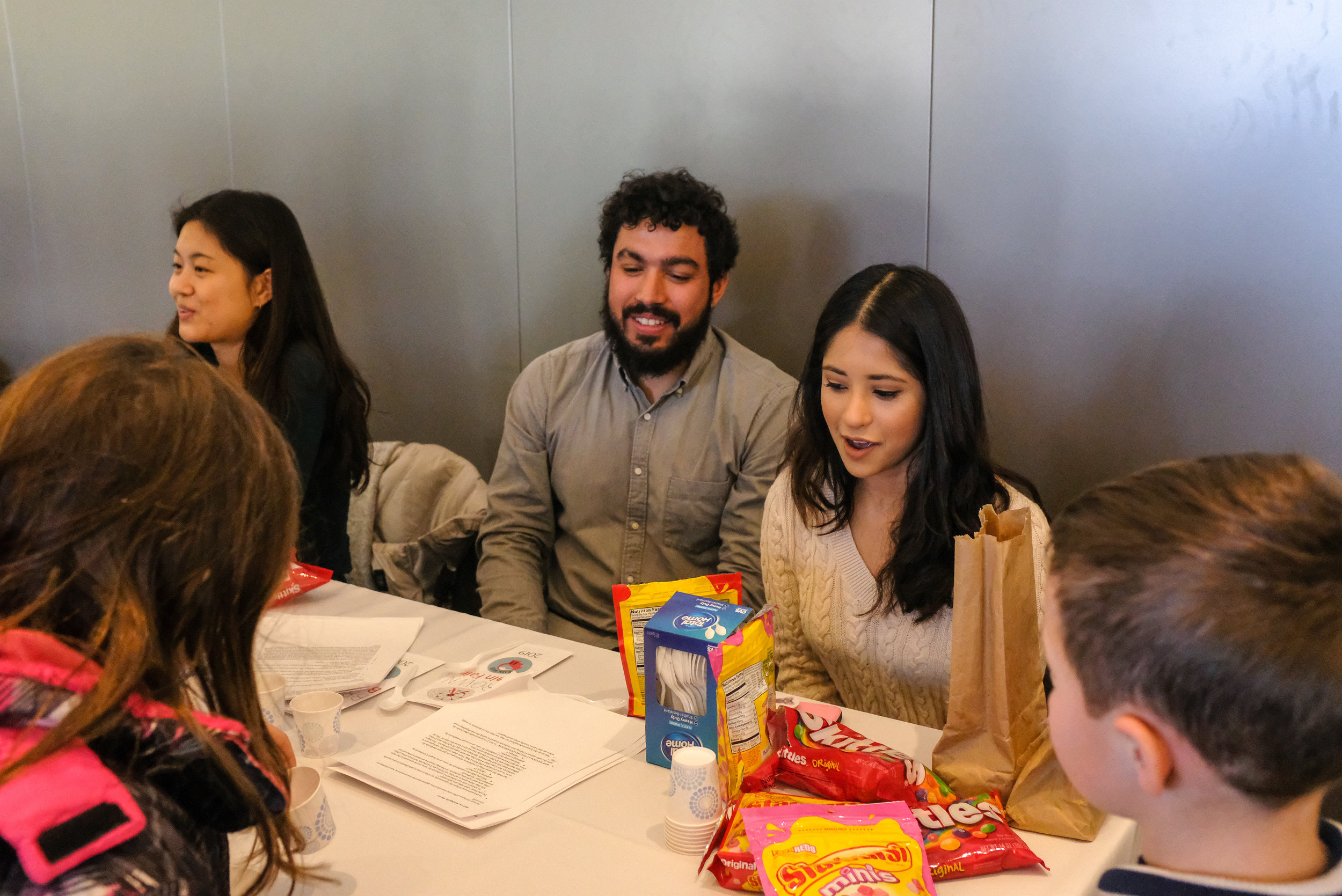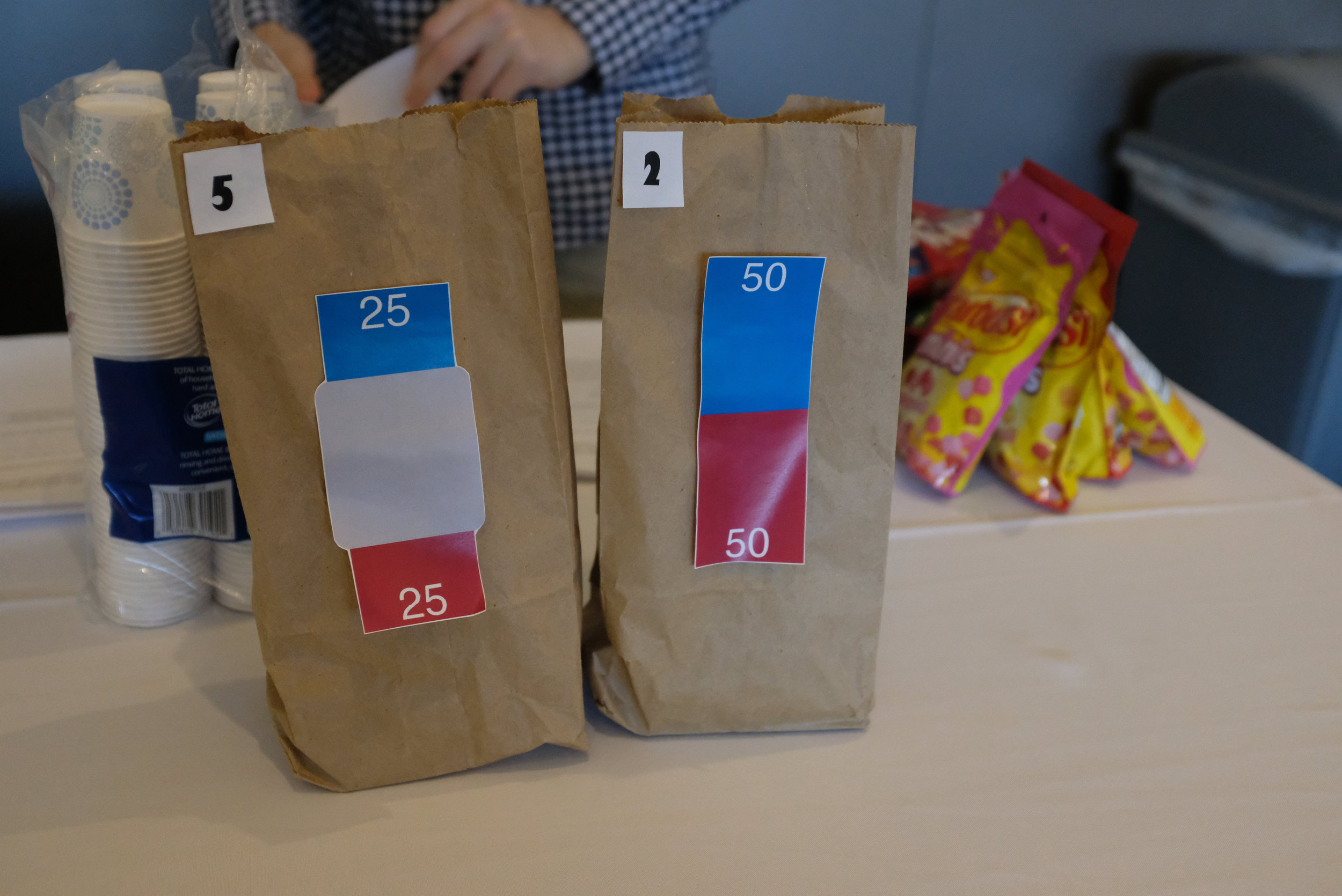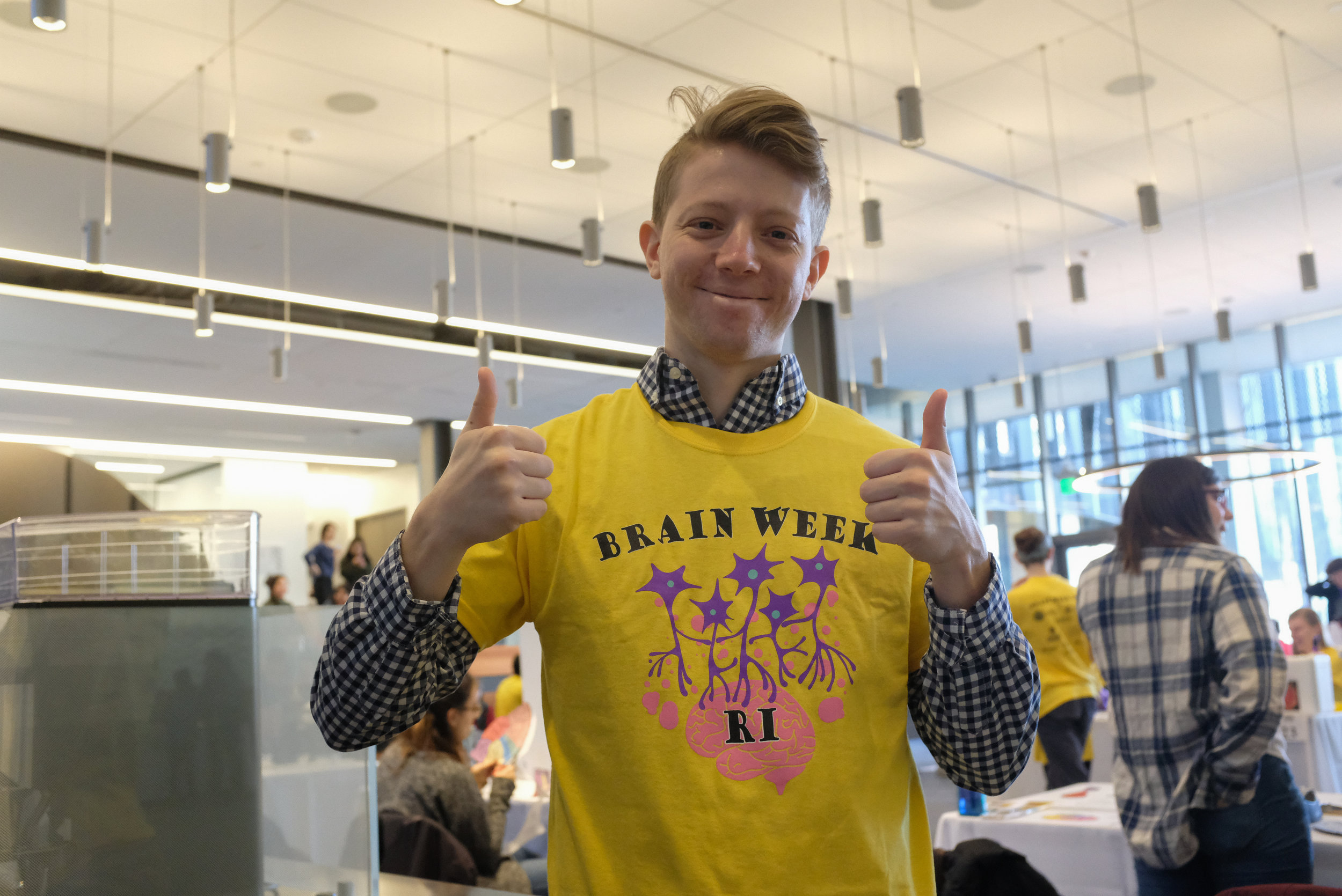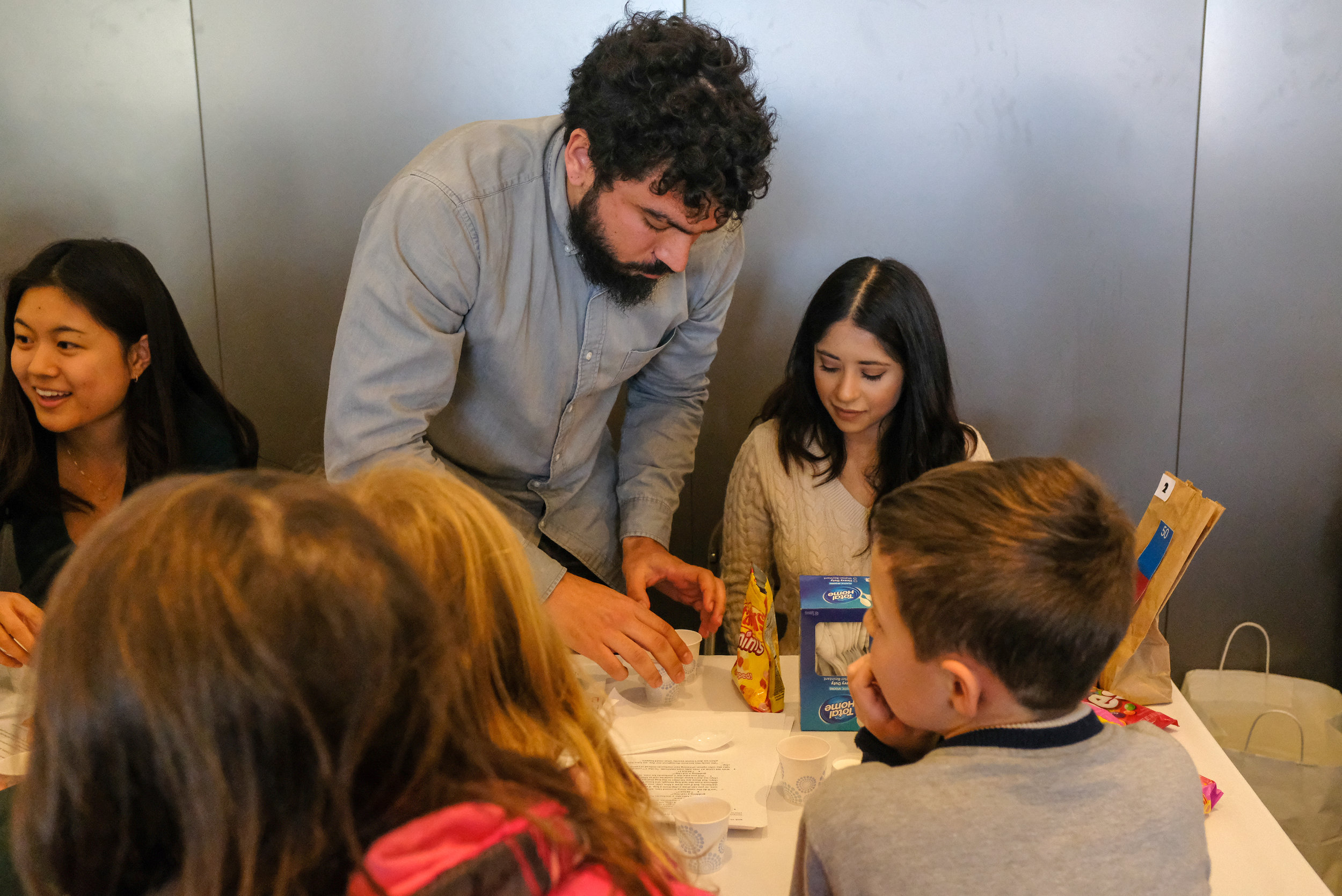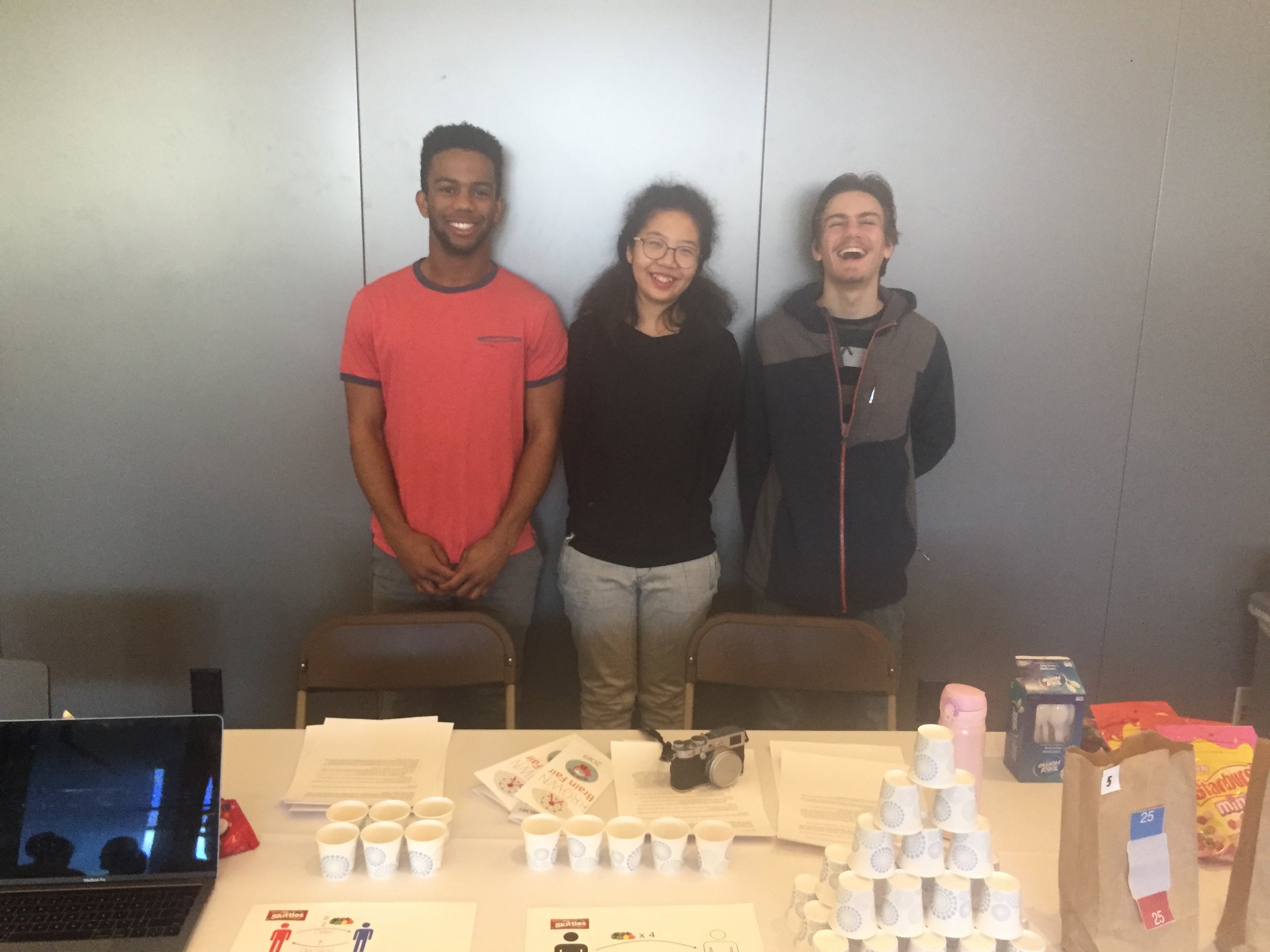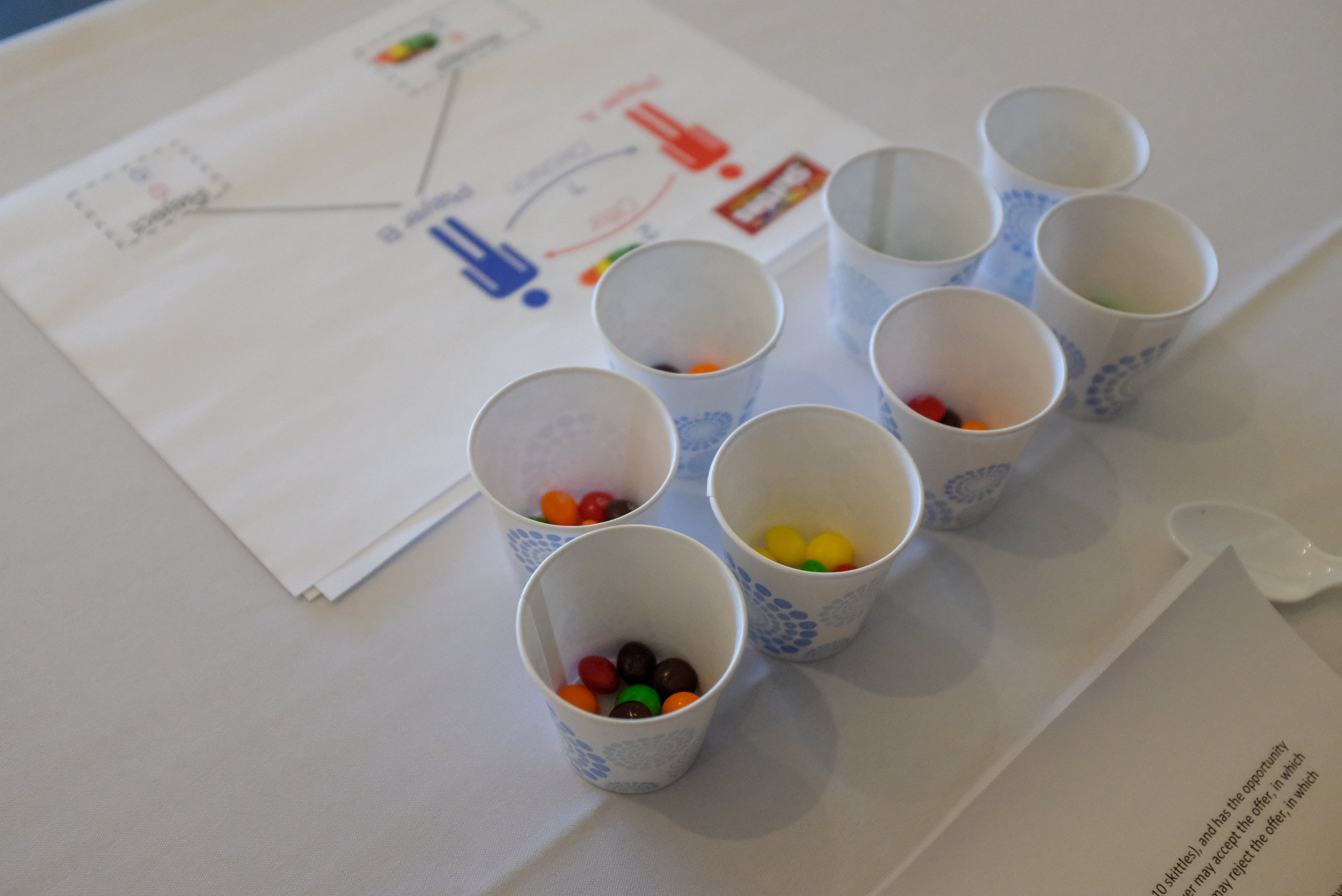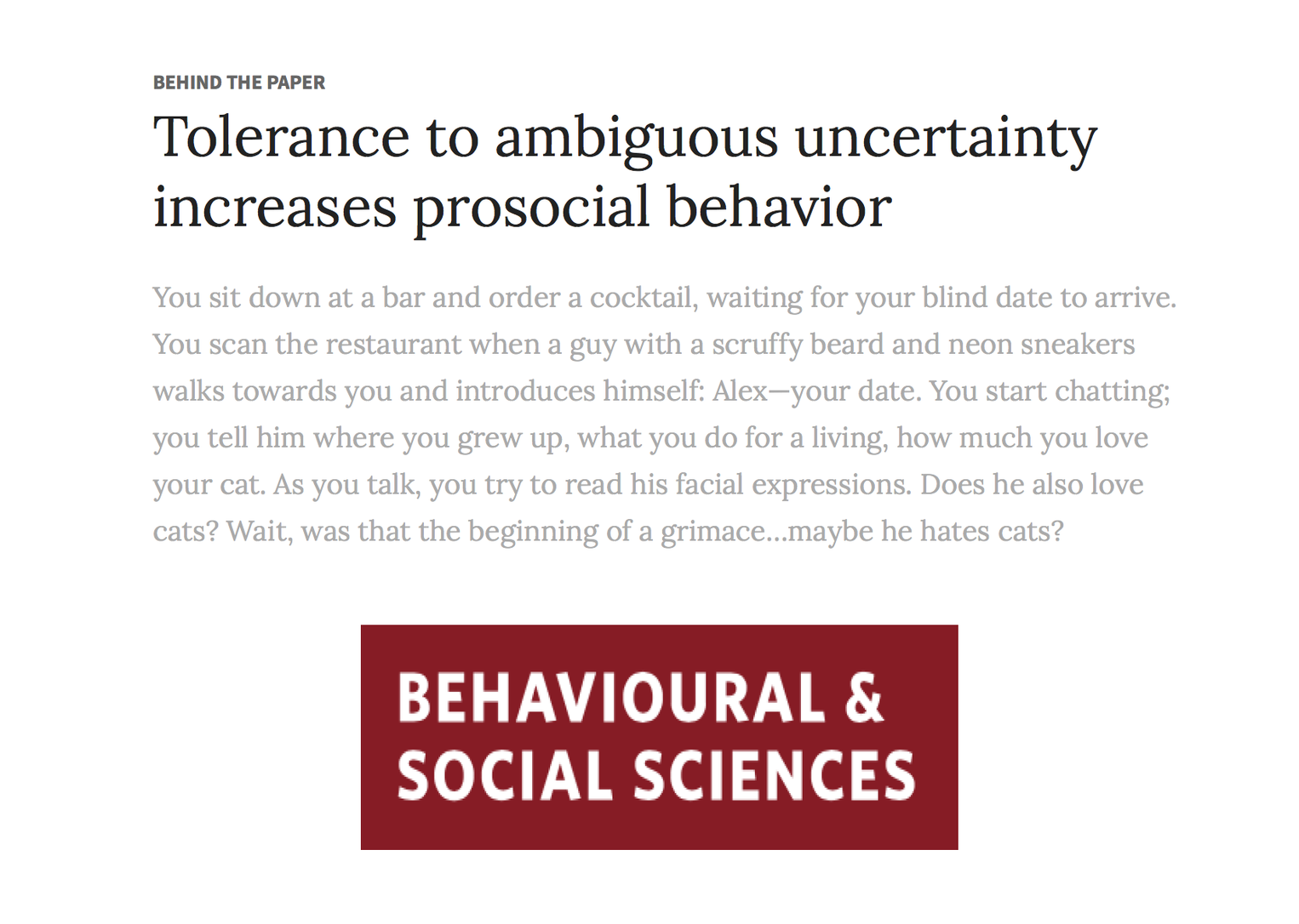By Jeroen van Baar and Oriel FeldmanHall
“Political polarization dominates the global news today. Take the debate on climate change. 16-year-old climate activist Greta Thunberg recently held an emotional speech at the U.N. General Assembly calling for immediate climate action, and liberals around the world sent out enthusiastic messages of support. Conservatives, instead, barraged the liberals for making a child with Autism Spectrum Disorder advance their political agenda. President Donald Trump tweeted an ironic dig about Thunberg, liberals were disgusted by his response, and within minutes the topic of conversation had shifted from the core of the matter—climate change—to partisan mudslinging and fearmongering.
How did our political world become so polarized? This is a question on the mind of many psychologists today. And as with any scientific question, there are multiple approaches to answering it, each with its own strengths and weaknesses.”
You can check out the rest of their blog post here!










